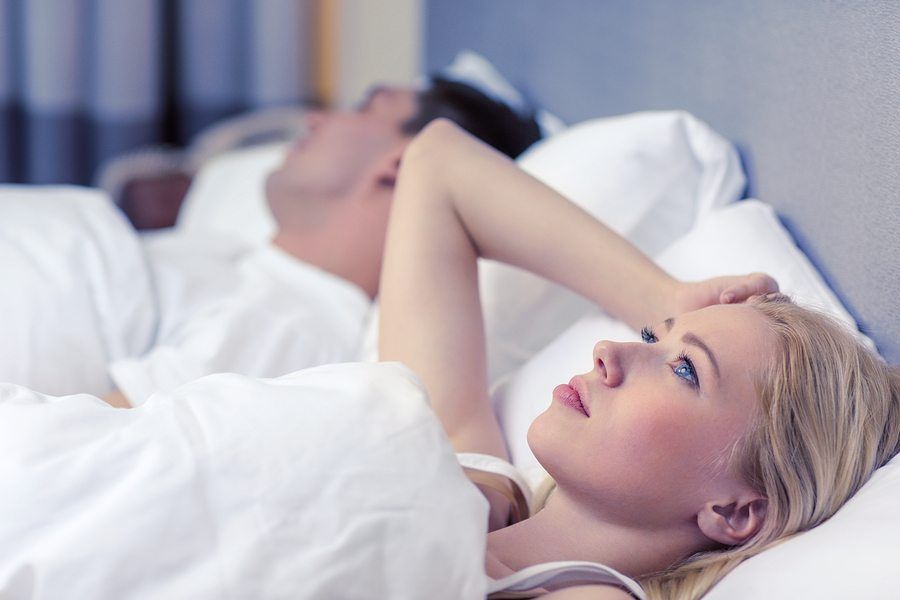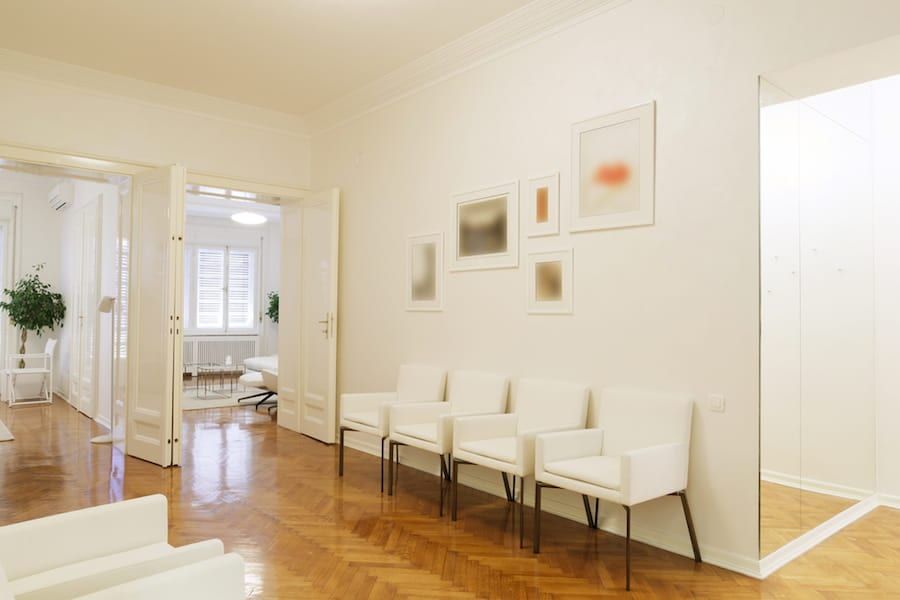Can’t sleep? You’re not alone. Studies show that 75% of Americans suffer from insomnia.
But before you shrug off your sleep problems, let’s look at the facts. Studies show that people who struggle with sleep disorders also often suffer from a low mood. These patients can also struggle with worsening medical issues; a recent article highlighted the link between sleep deprivation and cerebrovascular/cardiovascular disease. Some literature also links sleep disorders with weight gain, diabetes, hypertension and poor immunity.
Sleep needs typically vary by age. The American Academy of Sleep Medicine recommends that babies sleep between 12-16 hours per day! As children get older and become adults, they need less sleep, but it’s still important to aim for at least seven hours per night. A sound night of quality sleep can be essential to restoring your physical, mental and emotional health.
Lots of different things can impact your sleep, and if you’ve been struggling with debilitating sleep issues for some time, it’s important to speak with a professional who can evaluate you thoroughly to help you get back to that wonderful restorative sleep. Various medical disorders, such as sleep apnea or pain disorders, can also affect your quality of sleep. People who suffer from depression, amongst other mental disorders, often complain of difficulty falling asleep or early-morning awakenings. Some medications can even affect your sleep quality or structure. Even though alcohol can make you feel relaxed and drowsy, it can actually worsen your sleep in the long run. If you recently traveled or sometimes work night shifts, you might find that your sleep cycle is off and it’s hard to get back on track.
If counting sheep isn’t working for you, there may be other things you can do to improve your sleep. Your bed and bedroom should really be used for relaxing and sleeping, so that your brain learns to associate the bed with relaxation rather than other things like work. Browsing on your ipad at night might seem relaxing, but the type of light emitted from ipad, iphones and various other devices can actually be very stimulating. And limiting caffeine, particularly later in the day, is always a good idea to improve sleep.
Sometimes, despite our best efforts at improving our sleep hygiene, we still just cannot seem to get to sleep. If this happens to you, it’s probably time to consult a medical professional to make sure there aren’t other causes for your insomnia. Often sleep disorders are multifactorial; your provider will evaluate you and tailor a plan to your individual needs. Here’s wishing you more restorative nights filled with some great zzzs!
Photo credit: Bigstockphoto.com
All information and content in this post are for informational purposes only. The author does not provide any medical advice on the site, and the information should not be so construed or used. Nothing contained in the site is intended to create a physician-patient relationship, to replace the services of a licensed, trained physician or health professional or to be a substitute for medical advice of a physician or trained health professional licensed in your state. You should consult a physician licensed in your state in all matters relating to your health.




